Dhaka, Feb 05 (V7N) — The Judicial Reform Commission has proposed making the judiciary of Bangladesh completely independent and effectively free from external influence. The recommendations also include establishing a permanent attorney service, an independent investigation agency, High Courts at the divisional level, and magistrate courts at the upazila level.
On Wednesday afternoon, the commission, led by former Chief Justice Shah Abu Naeem Mominur Rahman, submitted its judicial reform report to the Chief Advisor. The report, consisting of 352 pages, was handed over alongside a public administration reform report. Later, the Chief Advisor's press wing briefed the media on the key points of the recommendations.
Key Recommendations of the Judicial Reform Commission:
1. Judicial Independence:
The commission emphasized that despite previous claims by different governments, Bangladesh’s judiciary has never been fully independent in practice. It strongly recommends ensuring both complete and effective judicial independence.
2. Permanent Attorney Service:
Currently, over 4,000 public prosecutors serve across the country, but they have traditionally been appointed based on political affiliations. The commission suggests introducing a selection process similar to the BCS (Bangladesh Civil Service) system to ensure fairness and competence in appointments. Since about 40% of criminal cases in courts are filed by the government, a permanent attorney service would enhance efficiency in handling these cases.
3. Independent Investigation Agency:
The commission proposed establishing an independent agency to investigate crimes, reducing political interference in police-led investigations. It highlighted concerns about law enforcement agencies being used for political gains, leading to biased or manipulated investigations.
4. Expansion of High Courts and Magistrate Courts:
Due to Bangladesh’s growing population and increasing legal disputes, the commission recommended establishing permanent Supreme Court benches and setting up High Courts at the divisional level. It also suggested expanding magistrate courts to upazilas and even villages to provide better access to justice for the underprivileged.
5. Regulation of Presidential Clemency Powers:
The commission advised limiting the President’s or executive branch’s power to grant pardons to convicted criminals. It proposed forming an independent board to review and approve clemency decisions to ensure fairness and transparency.
6. Regulating Lawyers' Political Activities in Court:
A policy should be formulated to define how lawyers can engage in political activities within the judicial system, ensuring professionalism in legal proceedings.
The recommendations aim to bring significant reforms to Bangladesh's judiciary, making it more transparent, fair, and efficient. If implemented, these changes could mark a historic shift in the country's legal system.
END/MSS/AJ



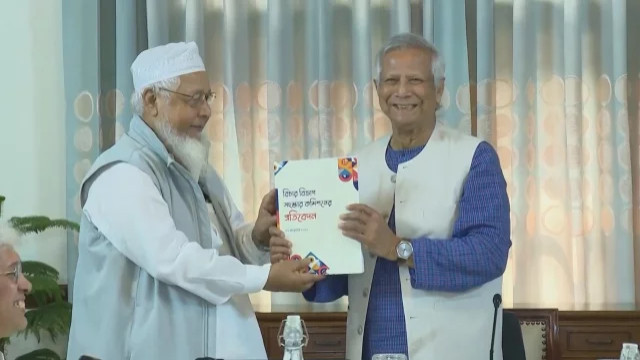
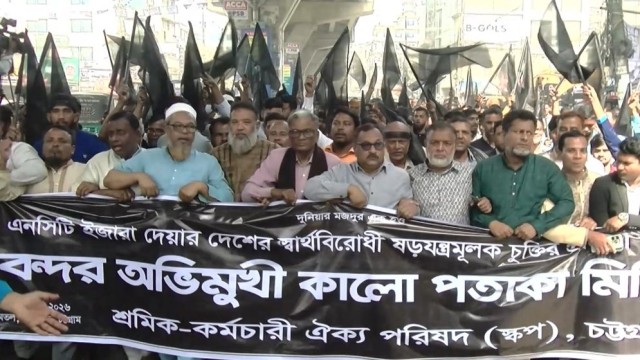
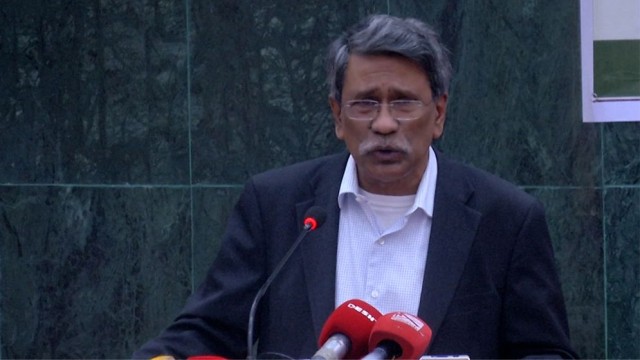

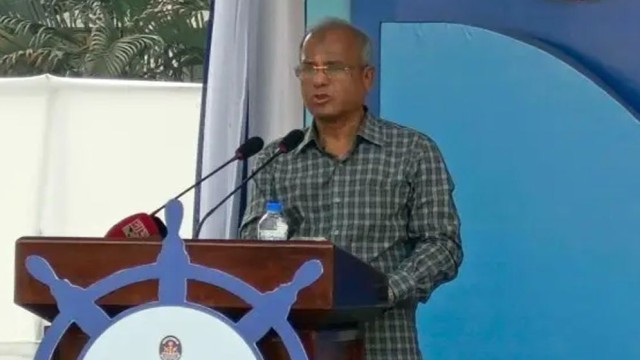
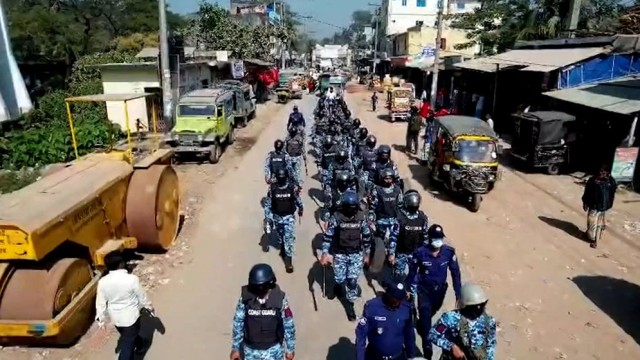



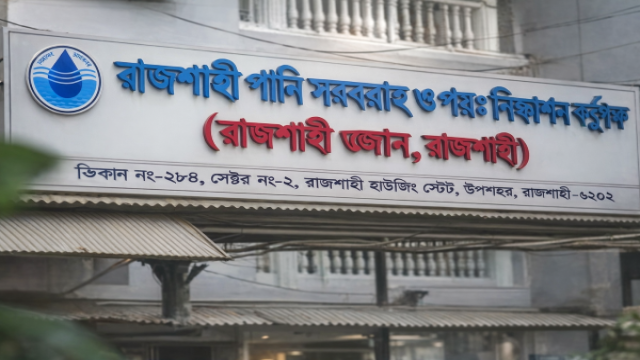
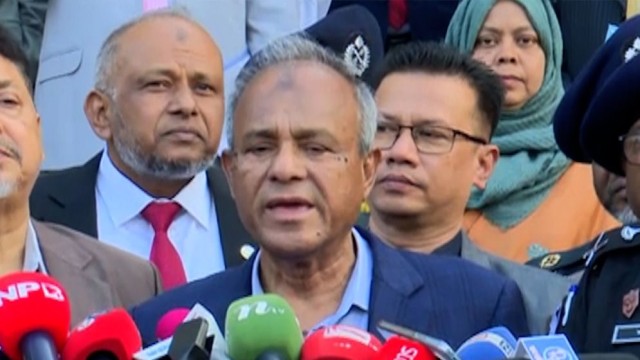
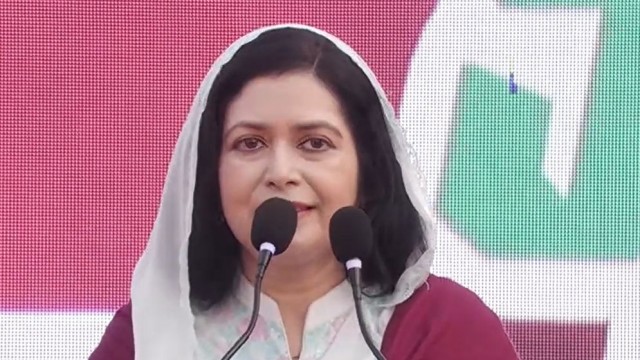
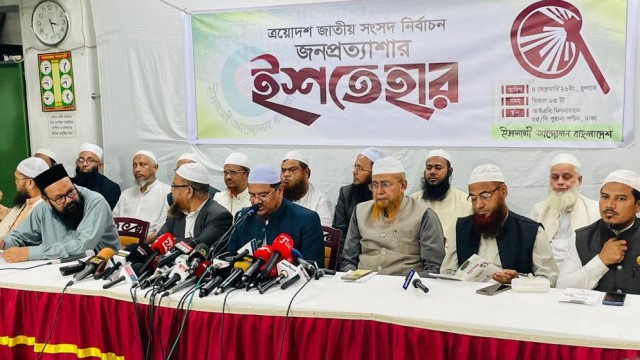

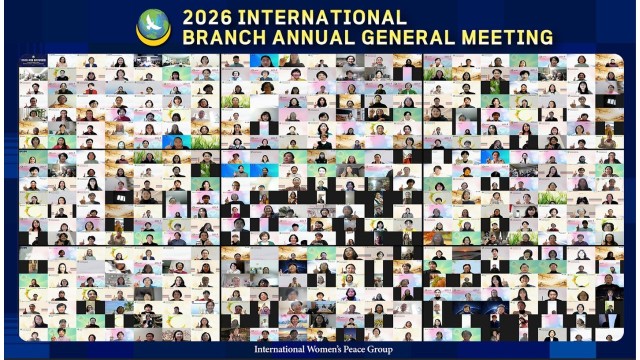
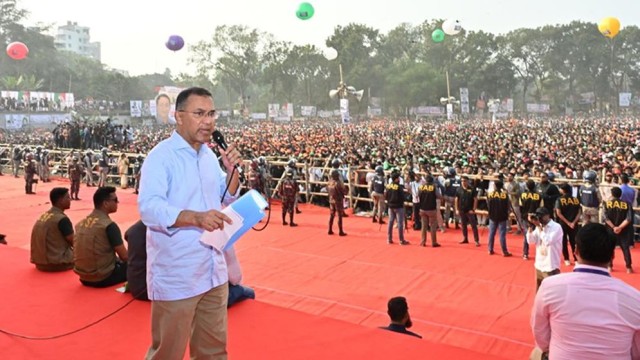
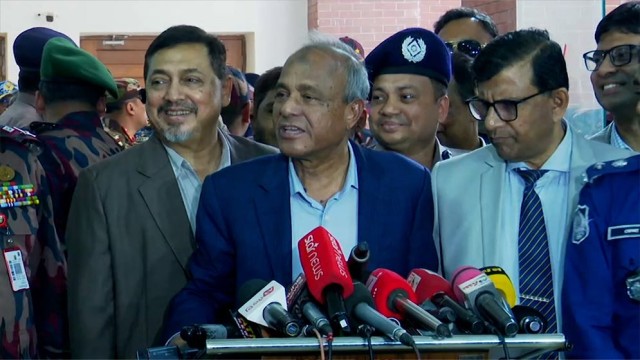











Comment: